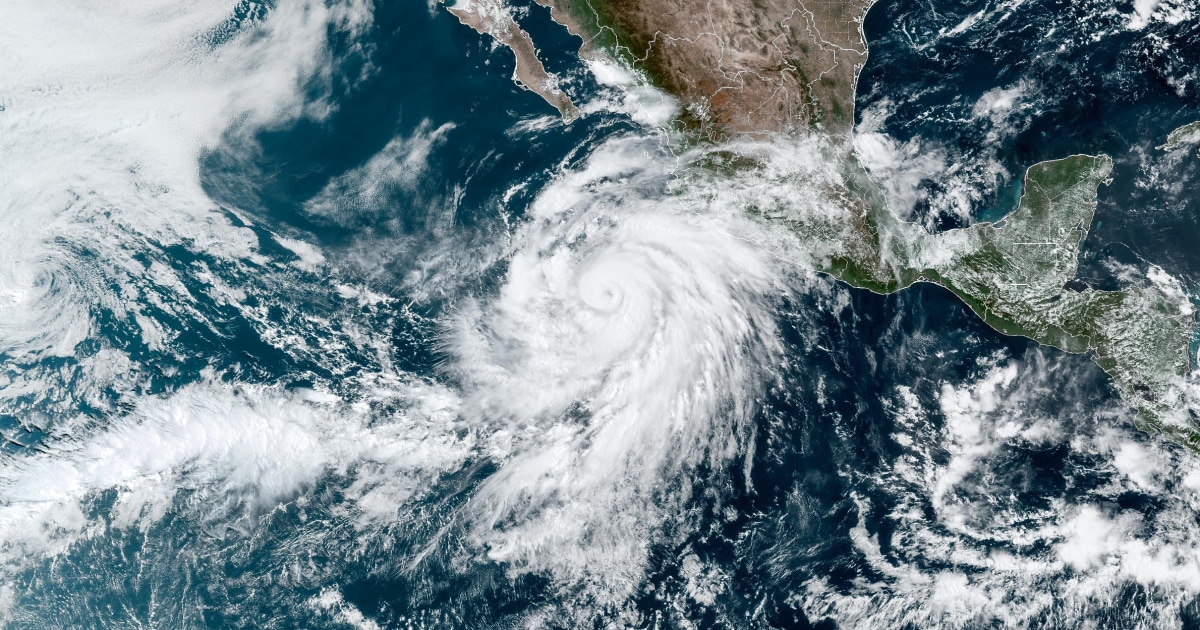The race to gain ground in Africa exists.
Each contender, be it the United States, China, Russia or Europe - to which regional players, Turkey and the Gulf would be added - run with what they have.
However, when it comes to placing someone in the lead in the last few laps, this would be the United States. Some twenty members of its Administration have traveled to the continent ―among them, the first lady, Jill Biden― in the first four months of the year.
No other country has maintained such a hectic schedule.
Russia continues its struggle to seize spaces of influence in the Sahel and sub-Saharan Africa, with a great penetration of the Wagner mercenary group.
Meanwhile, China continues to lead the ranking of trading partners, although with more modest investments.
In this renewed race towards African lands, Europe is lagging behind.
“I see a greater effort from the great powers to win over African countries to gain credibility and build ties,” says Ronak Gopaldas, a consultant for the Pretoria, South Africa-based Institute for Security Studies.
Among the reasons, Gopaldas points out, is the new "fragmentation" in the international order that emerged with the war in Ukraine.
Only between Jill Biden, the US vice president, Kamala Harris;
Treasury Secretary Janet Yellen;
the US ambassador to the UN, Linda Thomas-Greenfield, and the Secretary of State, Anthony Blinken, Washington has visited a dozen countries from January to April.
Joe Biden is expected to make his first visit to the mainland since he took office this year, although no dates are yet set.
The president already gave the go-ahead to this diplomatic offensive last December, between the 13th and 15th, with the celebration of the second US-Africa meeting held at the White House, in which he brought together 49 African leaders.
More than eight years have passed since the first date of this type, hosted by Barack Obama.
Between these two meetings, the relationship between the two parties suffered a deterioration caused by the absolute indifference shown by Donald Trump towards the continent.
And for pure statistical effect, if you start from zero interest, a little you add, the difference will be very high.
This has been the case when the country's presidency passed from Trump to Biden.
"There is an effort to repair the damage in relations between the US and Africa caused in the previous period," Gopaldas continues, "in addition to a change in the way of relating, with more balance, and higher-level visits and summits." .
Also money.
An example is Vice President Harris, who traveled between March and April with a check for 100 million dollars to combat extremist violence in Benin, the Ivory Coast, Guinea and Ghana.
In the latter country, which is trying to get rid of the debt contracted with China, the US committed another 139 million for economic and cultural programs.
Another example: Secretary of State Blinken announced in March in Ethiopia ―the country most visited by foreign leaders― humanitarian aid worth 331 million dollars (297 million euros) to alleviate the effects of the war between the government and Tigray militias. .
Chinese investment
"Concern about China," Chatham House analyst Alex Vines notes in an exchange, "is the key driver of US policy toward Africa today."
According to the director of the Africa Program of this analysis center, Washington is concerned about the foundations already laid by Beijing on the continent, but also about how it maneuvers around "critical and strategic minerals for Chinese supply chains."
The interest of the communist regime in Africa is not recent.
The new Chinese foreign minister, Qin Gang, visited Ethiopia, Gabon, Angola, Benin and Egypt in January.
It was his first trip in office, quite a declaration of intent from Beijing, but nothing new.
For the past 33 years, the Chinese diplomatic representative in charge has consistently chosen Africa as his first destination.
China, focused on its African market in recent years ―Xi Jinping visited the continent a dozen times from 2014 to 2020―, is the rival to beat with a strong immersion in the continent, the last stop on his new silk route , based on trade, investment in infrastructure and loans.
However, the model is beginning to show some signs of exhaustion.
According to the latest China Belt and Road Initiative Investment Report, produced by a business school at Fudan University in Shanghai, funding for sub-Saharan Africa suffered a record drop of more than 50% - 44% under construction and 65% in investments― in favor, above all, of the Middle East and Southeast Asia.
"Since the covid," explains Gopaldas, director of the risk consultancy specialized in Africa Signal Risk, "China has changed its approach to the continent to be more selective."
Underlying this trend is the inability of many African countries to assume a higher level of debt with the Asian giant and the continent's vulnerability to the effects of the Russian invasion of Ukraine on grain trade, vital for many markets in the region. .
06:55
The slow conquest of Africa by China
A group of girls hold different flags during the rehearsal for the opening ceremony of the China-Africa Cooperation Forum in Beijing, China, on November 8, 2022. Photo: Reuters |
Video: EPV
The war in Ukraine
The war orchestrated from the Kremlin is a good scenario to assess the revival of Russia's interest in Africa that began around 2015. The vote of the United Nations General Assembly held on February 23 in New York serves as an example.
An immediate end to the conflict was called for.
It came out ahead with 141 votes in favor, seven against, and 32 abstentions.
Of the latter, 15 came from African countries, many of them with strong ties, especially in terms of security, recently established with Moscow.
These were joined by Mali and Eritrea, among the seven that rejected the UN resolution.
Mali, with the active presence of Wagner, chaired by magnate Yevgeny Prigozhin, an ally of the Kremlin, was precisely one of the stops made by the Russian Foreign Minister, Sergei Lavrov, last January.
The veteran diplomat also traveled to Mauritania and Sudan, today submerged in a strong confrontation between armed factions.
A month earlier he had landed in South Africa - with which Russia maintains excellent relations - Angola and Swaziland.
To these six countries we must add his tour in July of last year through Egypt, Congo-Brazzaville, Uganda and Ethiopia, where he met with the leaders of the African Union.
A clear effort to revive the strong ties of the Cold War that could have its icing on the cake next July, when the second Russia-Africa summit is held in Saint Petersburg (Russia).
The first, in 2019,
At the tail of this drive not to miss the African train would be Europe.
The interest is mutual.
"African countries," notes Chatham House's Vines, "do not want to be pigeonholed and therefore also seek to maintain diversified international partnerships, including EU member states."
However, relations between Africans and Europeans are still hampered by the terrible colonial period.
France and its president, Emmanuel Macron, know of this feeling, who visited Congo, Gabon, Angola and Congo Brazzaville in March to make up for the repudiation suffered in the Sahel, especially in Mali and Burkina Faso, from where he had to remove his military.
Also in March, British Home Secretary Suella Braverman traveled to Rwanda to finalize her controversial plan to deport migrants to the small Great Lakes country.
The arrival of immigrants, together with energy, was also the subject on which the Italian Prime Minister, Giorgia Meloni, went to speak in Algeria and Libya in January, and more recently, in April, in Ethiopia.
“Europe's relations with Africa are not as strong as they could be”, Gopaldas adds, “they are still marked by their past.
African countries want to be treated as equals."
Follow all the international information on
and
, or in
our weekly newsletter
.
Subscribe to continue reading
Read without limits
Keep reading
I'm already a subscriber




/cloudfront-eu-central-1.images.arcpublishing.com/prisa/YVK4HZAFDKHYPX5IOZ5XKJSHDA.jpg)










